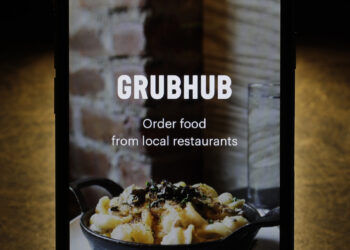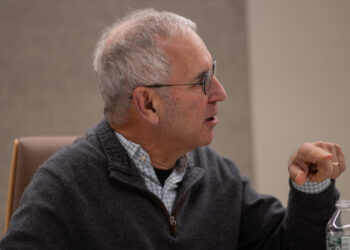The job market might look solid on paper — unemployment is low, job openings are high — but the reality for many Americans on the job hunt tells a different story.
LinkedIn feeds are crowded with layoff announcements. Mentions of recruiters ghosting job applicants have more than doubled on Glassdoor since before the Covid-19 pandemic.
“It’s frustrating and disorienting — finding a new job has never felt this difficult,” says Javier Serrano, who left his job as a software trainer at Parcel Pending by Quadient, a smart locker company, in May, and who has applied to hundreds of jobs since. Serrano had been in his previous role for about eight months.
Some companies have asked him to go through several rounds of interviews and then disappeared; others sent him take-home tests or asked him to record video responses to AI-generated questions. He has not received any offers.
Serrano, 50, says he initially expected to find a new job within six months, but now, he’s expecting to be out of work for close to a year. He recently applied for a job delivering groceries for a store near his house in Orlando to help cover his living expenses.
“I’m optimistic that things will work out,” says Serrano. “I just think the numbers are underselling how hard it is for job seekers right now.”
Economists and recruiters say lingering expectations from the “great resignation” and businesses’ fears about an imminent recession could be to blame for job seekers’ malaise.
Jobseekers have whiplash from the ‘great resignation’
A major reason more people are burned out from searching for a new job could be due to unrealistic or outdated expectations.
“How people feel about the job market is informed by their recent experiences with the job market,” Glassdoor lead economist Daniel Zhao recently told CNBC. “In 2021 and 2022, there were labor shortages, so [employers] were offering all kinds of perks and benefits to try to get people in the door. So even if 2024 is shaping up to be a relatively…
Read the full article here








